Creating a beginner exercise routine at home can transform your health, boost your energy, and improve your mindset without the need for expensive gym memberships or bulky equipment. We have prepared this comprehensive guide to help you start effectively and safely, ensuring you build a consistent fitness habit that fits seamlessly into your lifestyle.
Table of Contents
Why Start a Beginner Exercise Routine at Home?
Strength Training provide privacy, flexibility, and affordability, allowing you to eliminate excuses and take full control of your health. Exercising at home saves time while allowing you to develop confidence as you progress.
How to Prepare for Your Home Workout Routine
Before you start, consider these essential preparation steps:
- Choose a dedicated workout space: It could be a corner in your living room or bedroom.
- Wear comfortable workout clothes to allow free movement.
- Hydrate properly before and after workouts.
- Prepare a water bottle and towel nearby for convenience.
- Have a timer or a workout app ready to track your intervals and rest periods.
Warm-Up: The Foundation of Every Routine
A 5-10 minute warm-up is essential to prepare your muscles and joints, reduce injury risk, and increase blood flow. Here is a quick warm-up sequence:
- Jumping jacks – 1 minute
- Arm circles – 1 minute
- High knees – 1 minute
- Torso twists – 1 minute
- Bodyweight squats – 1 minute
The Best Beginner Exercise Routine at Home
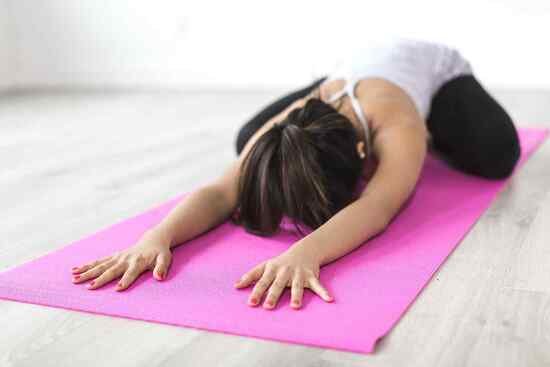
This full-body beginner routine targets all major muscle groups, requires no equipment, and is adaptable to your fitness level.
1. Bodyweight Squats
- Muscles worked: Quads, glutes, hamstrings.
- How to do it: Stand with feet shoulder-width apart, lower your hips back and down as if sitting in a chair, keep your chest up, and return to standing.
- Reps: 3 sets of 12 repetitions.
2. Push-Ups (Modified if needed)
- Muscles worked: Chest, shoulders, triceps.
- How to do it: Keep your hands under your shoulders, body in a straight line, lower your chest to the floor, and push back up. Perform on your knees if needed.
- Reps: 3 sets of 8-10 repetitions.
3. Glute Bridges
- Muscles worked: Glutes, lower back, hamstrings.
- How to do it: Lie on your back with knees bent, lift your hips until your body forms a straight line from shoulders to knees, squeeze your glutes, and lower back down.
- Reps: 3 sets of 12 repetitions.
4. Plank Hold
- Muscles worked: Core, shoulders, back.
- How to do it: Keep your body in a straight line from head to heels, resting on your forearms and toes, engaging your core.
- Hold: 3 sets of 20-30 seconds.
5. Standing Side Leg Raises
- Muscles worked: Hip abductors, glutes.
- How to do it: Stand upright, raise one leg to the side without leaning, lower it back, and repeat on the other side.
- Reps: 3 sets of 12 repetitions per leg.
6. Reverse Lunges
- Muscles worked: Quads, glutes, hamstrings.
- How to do it: Step one leg back into a lunge position, lower your hips, keep your chest up, and push back to the starting position.
- Reps: 3 sets of 10 repetitions per leg.
Cooldown: Essential for Recovery
Cooling down helps your body transition back to a resting state and reduces soreness.
Cooldown sequence:
- Forward fold stretch – 30 seconds
- Cat-camel stretch – 1 minute
- Seated hamstring stretch – 30 seconds per leg
- Child’s pose – 1 minute
Tips for Success with Your Beginner Home Workout Routine
- Start slowly and focus on correct form to avoid injuries.
- Be consistent by scheduling your workouts 3-4 times per week.
- Listen to your body and rest when needed.
- Gradually increase intensity as you gain strength and confidence.
- Stay motivated by tracking your progress in a journal or app.
- Incorporate variety to prevent boredom by switching exercises every 4-6 weeks.
Optional Equipment to Enhance Your Routine
While you can start with bodyweight exercises, adding resistance bands, light dumbbells, or a yoga mat can increase the challenge as you advance.
Nutrition and Hydration
Your workouts will be more effective when paired with balanced nutrition and proper hydration. Focus on:
- Consuming lean proteins, complex carbs, and healthy fats.
- Drinking water before, during, and after your workouts.
- Eating a protein-rich snack post-workout to support muscle recovery.
Tracking Your Progress
Use a simple calendar, fitness app, or journal to record:
- The exercises performed
- Number of sets and reps
- Duration of the workout
- How you felt during and after the session
Tracking will help you remain accountable and celebrate milestones in your fitness journey.
Common Mistakes to Avoid
- Skipping warm-ups or cooldowns
- Using improper form
- Not allowing your body to recover
- Comparing your progress to others
- Being inconsistent with your schedule
Benefits of a Beginner Exercise Routine at Home
Engaging in regular exercise at home helps you:
- Improve cardiovascular health
- Increase strength and flexibility
- Boost mental health and reduce stress
- Enhance energy levels
- Support healthy weight management
Conclusion: Take Charge of Your Health Today
Starting a beginner exercise routine at home is one of the most empowering steps you can take for your health and well-being. With this structured, progressive plan, you will build strength, improve your fitness, and develop a routine that fits seamlessly into your life.

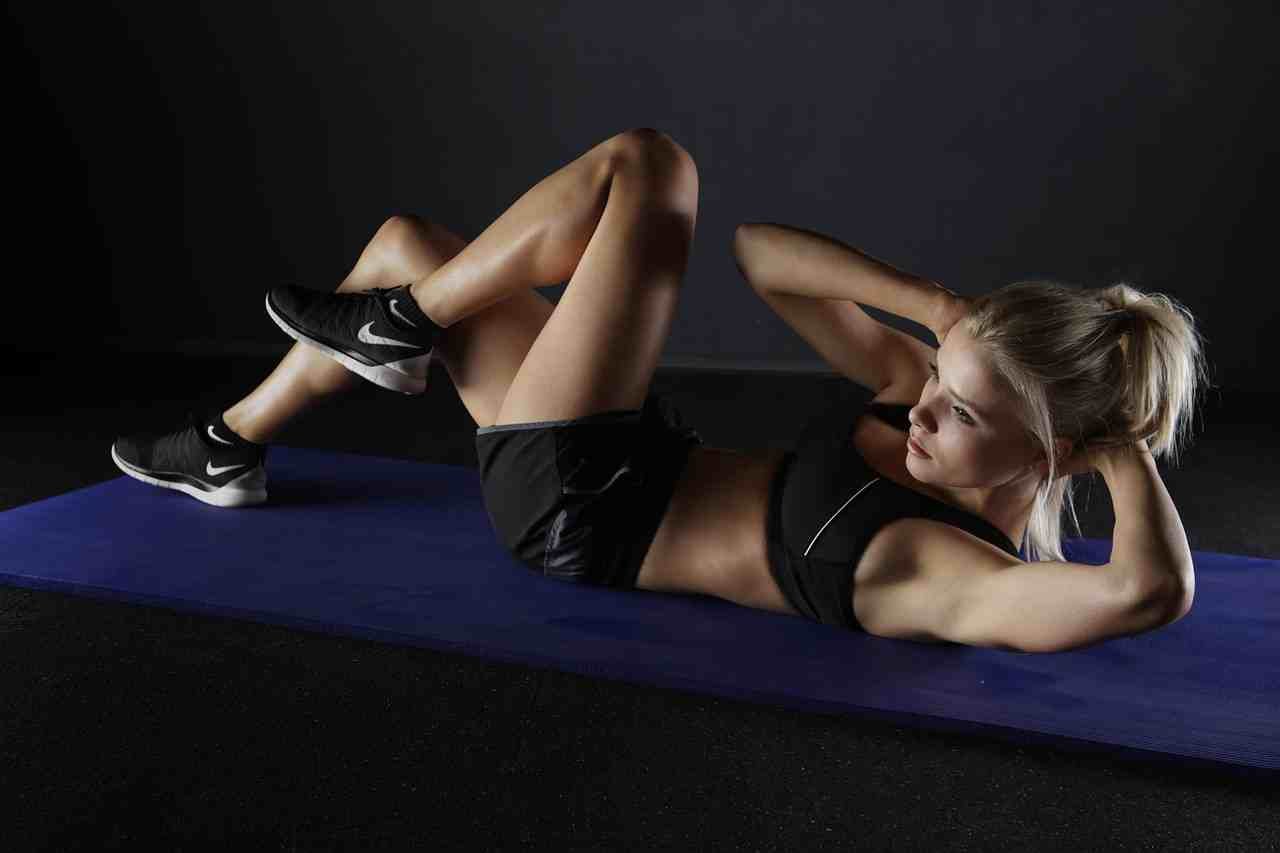

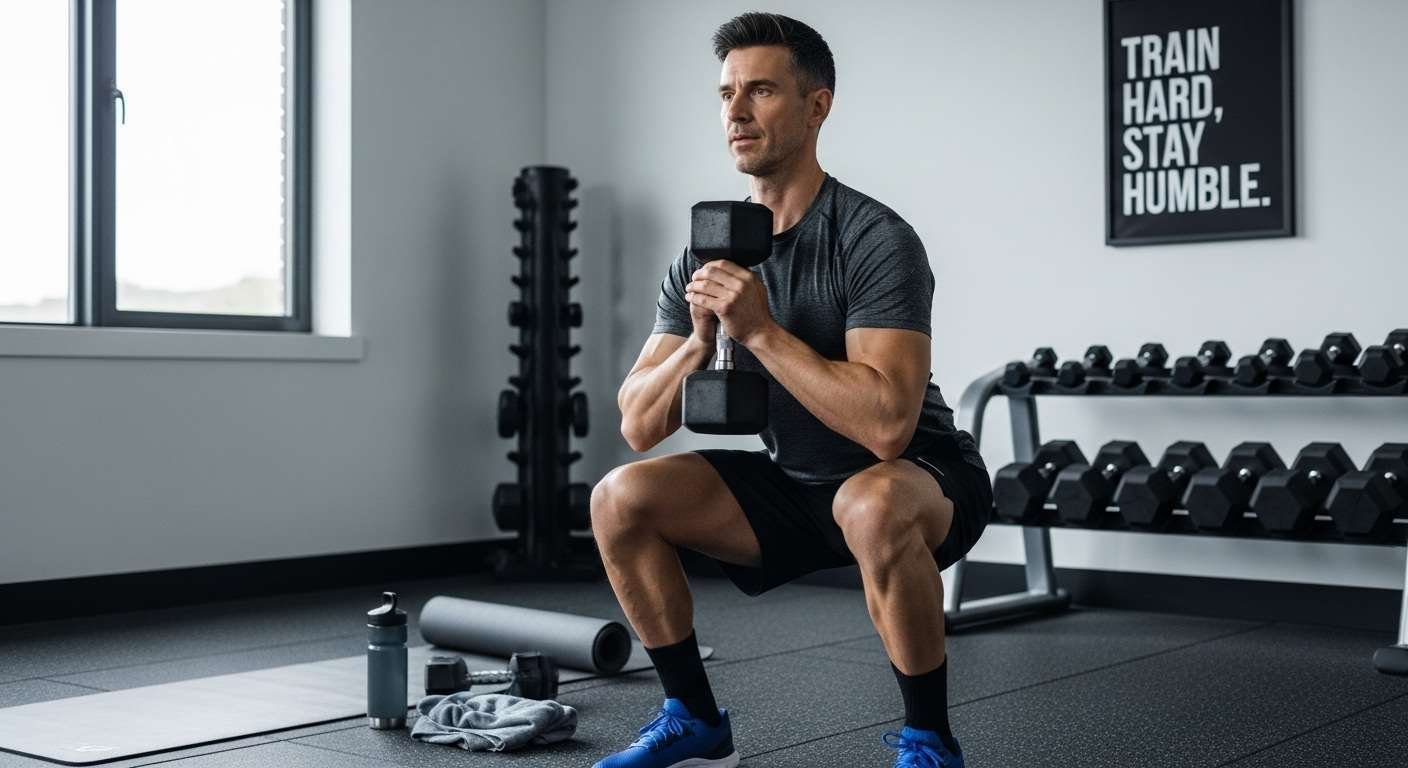
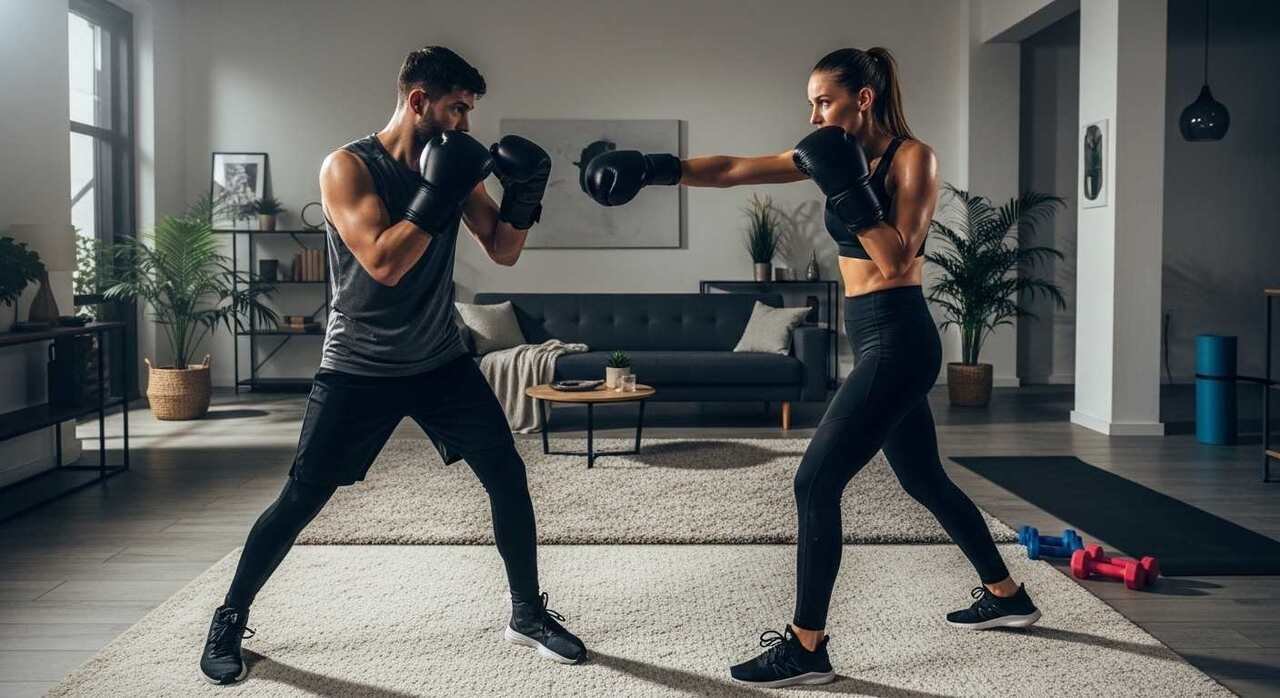
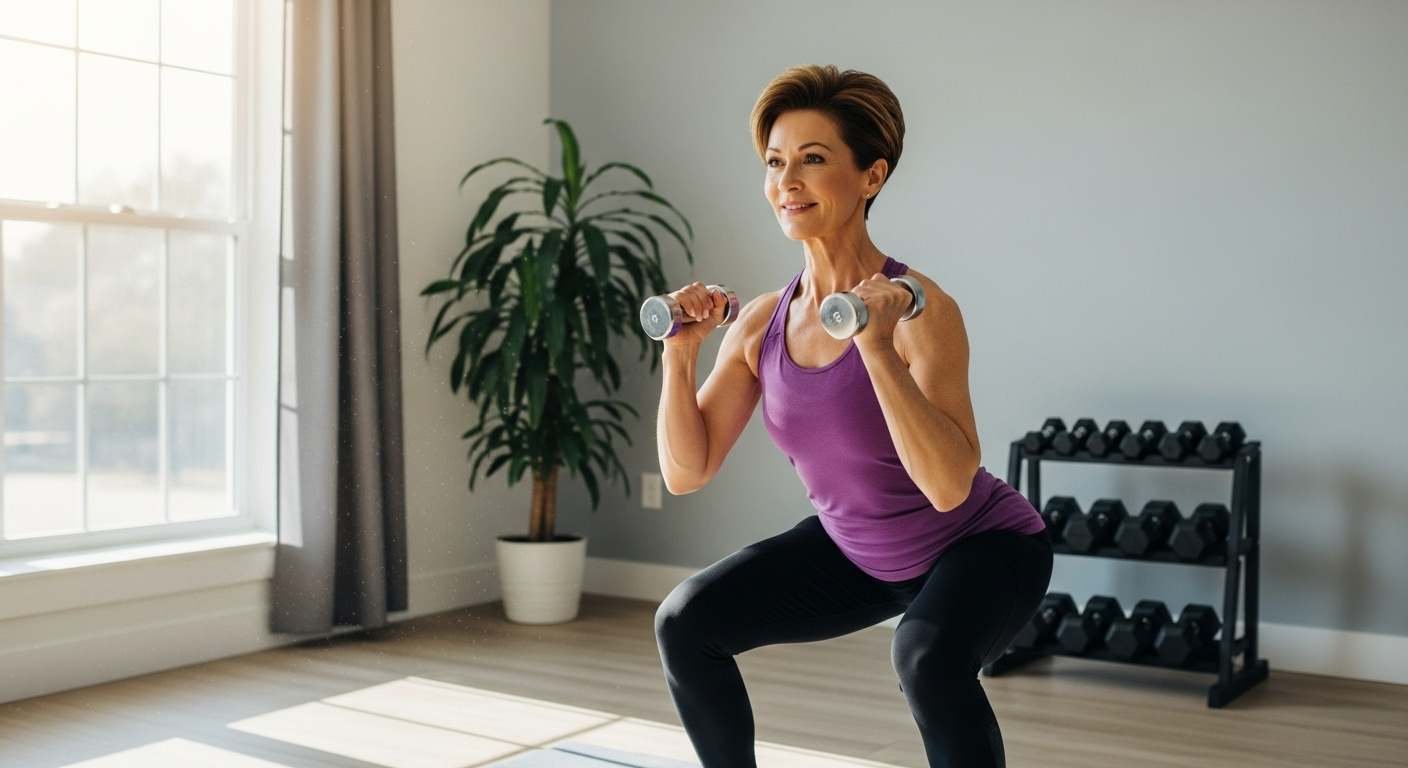
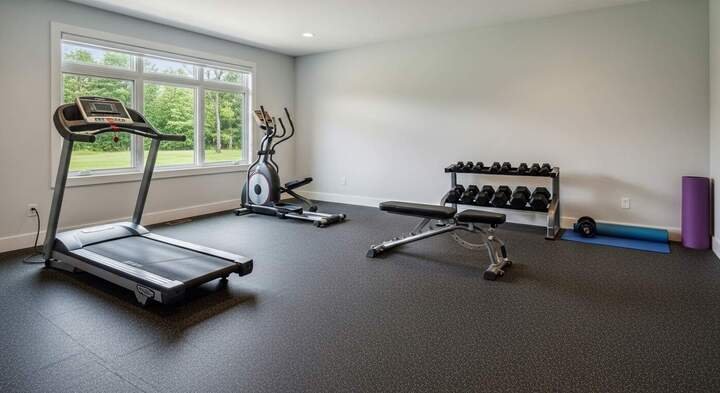
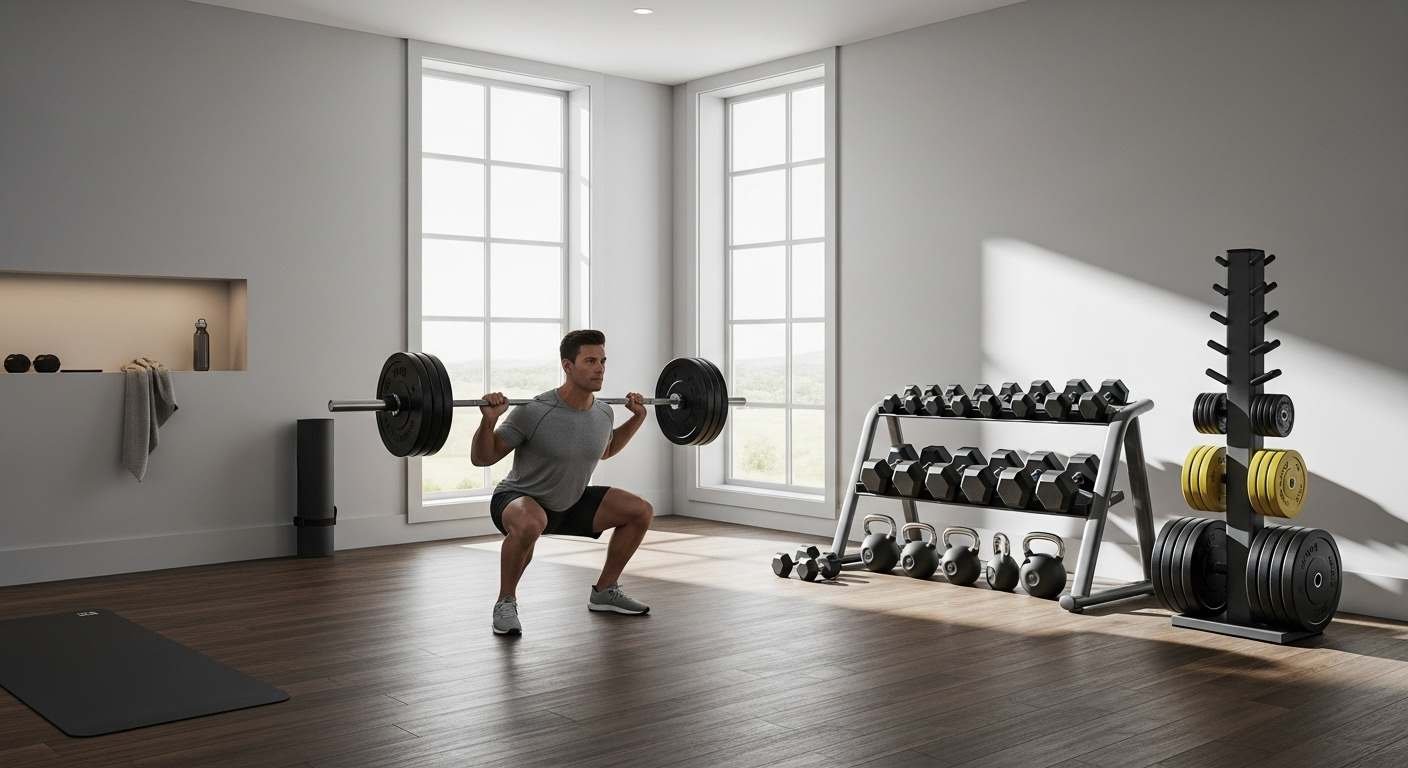
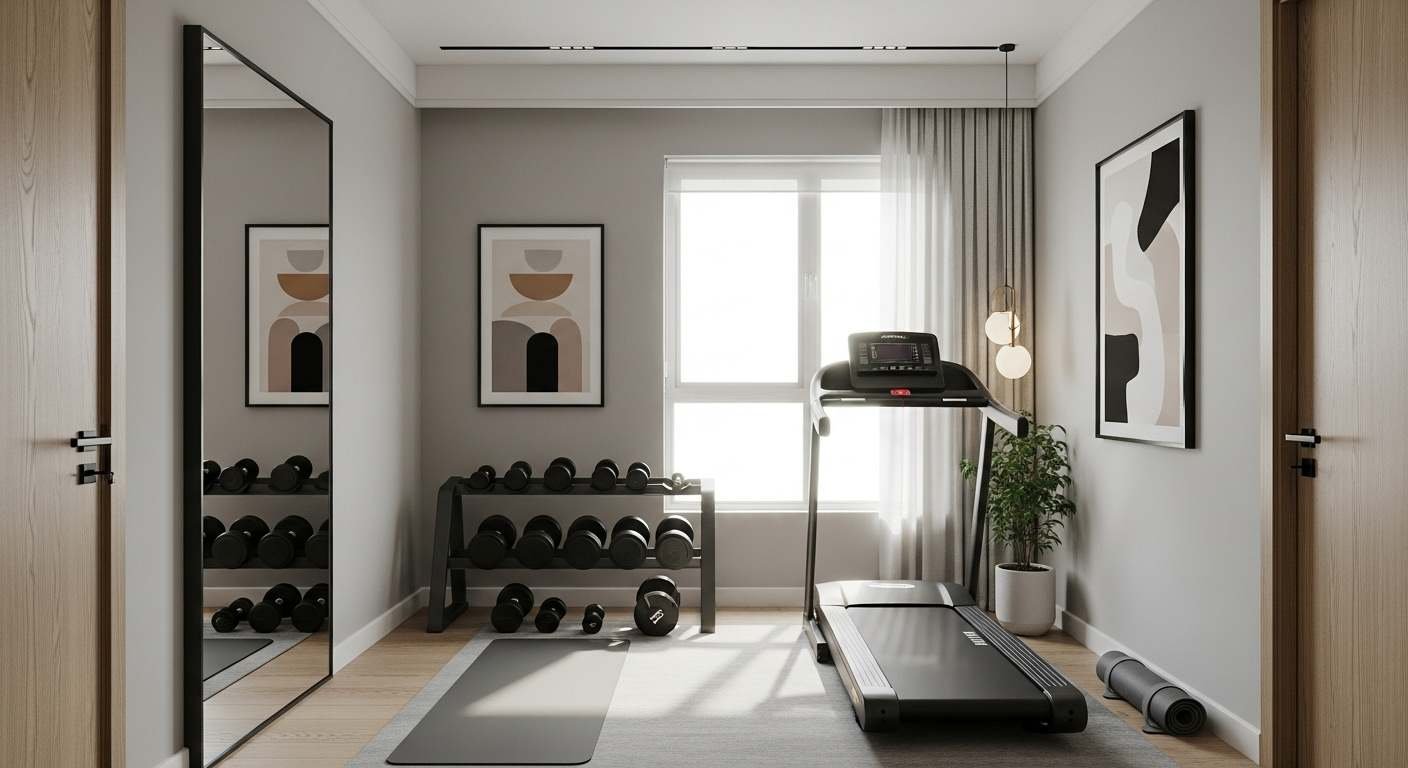
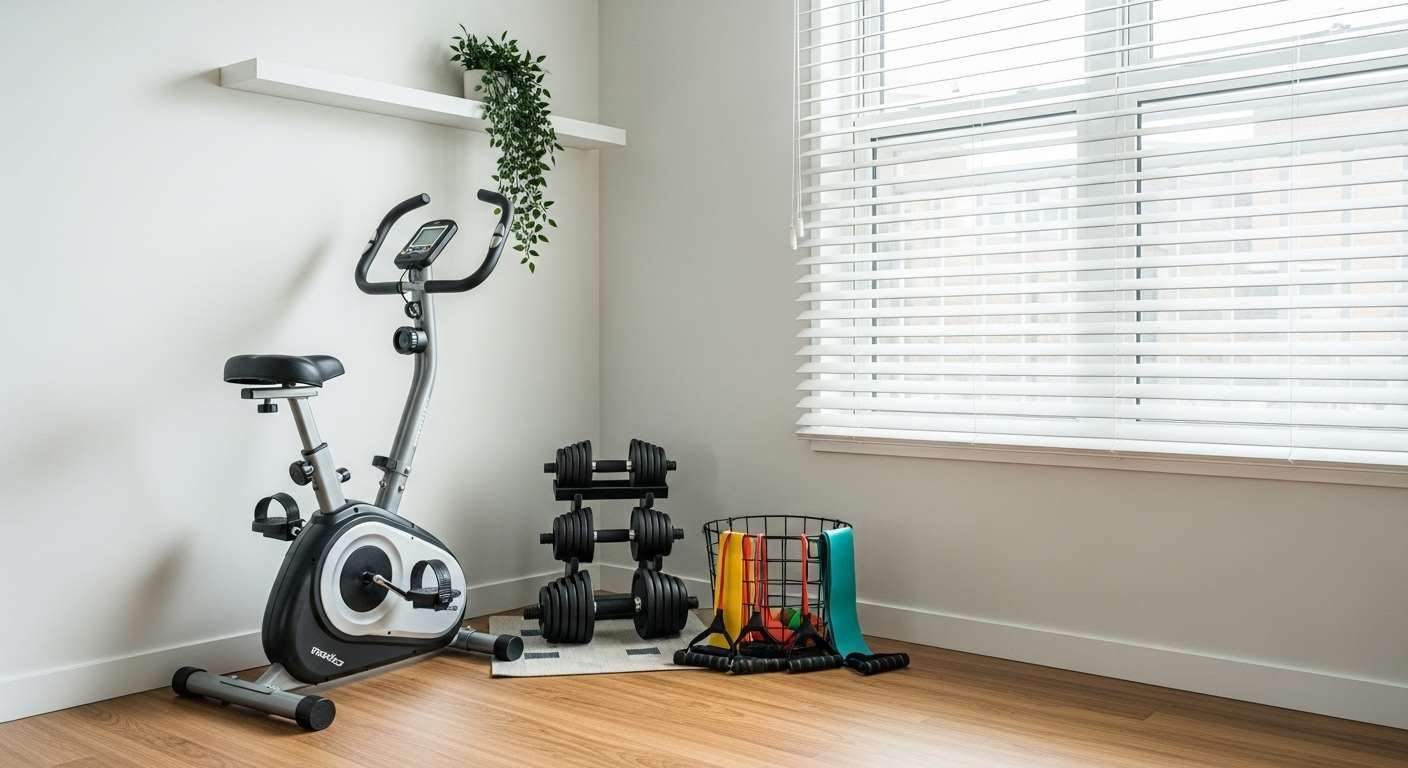
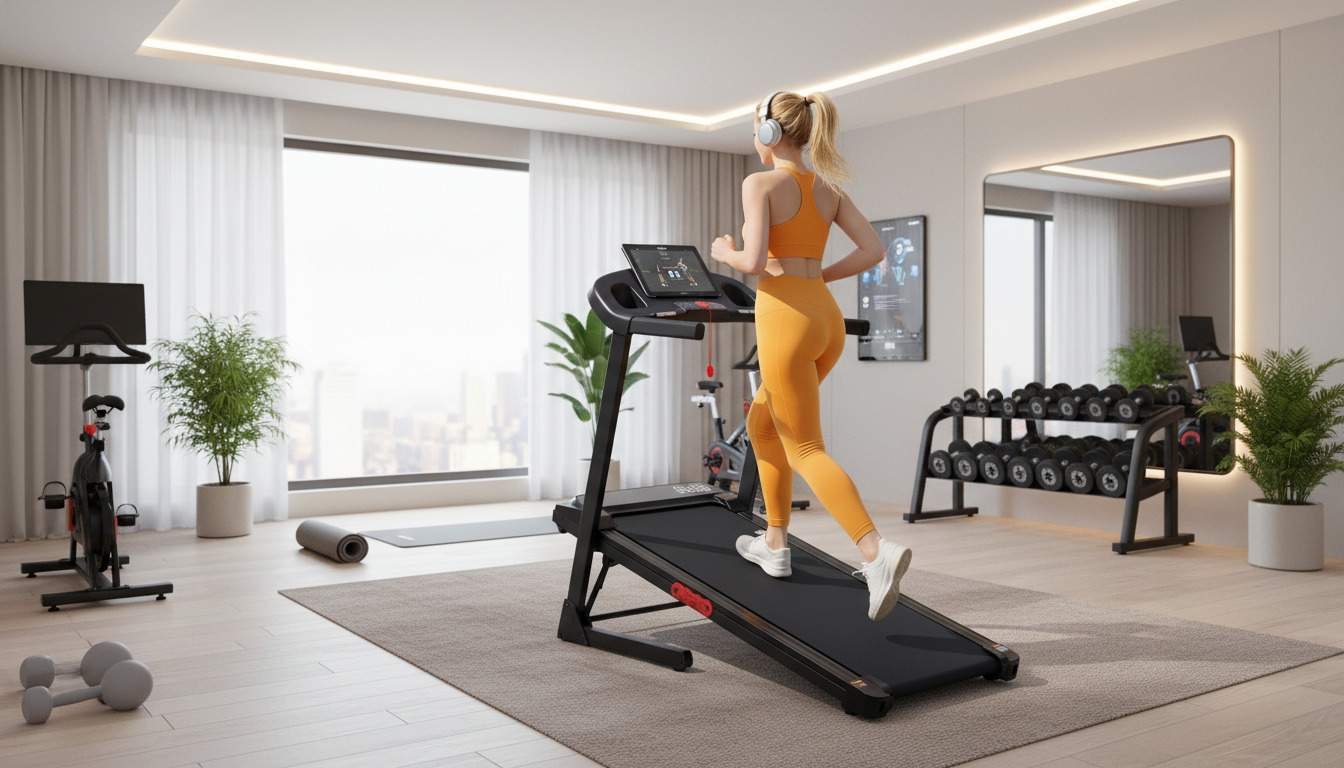
Leave a Reply